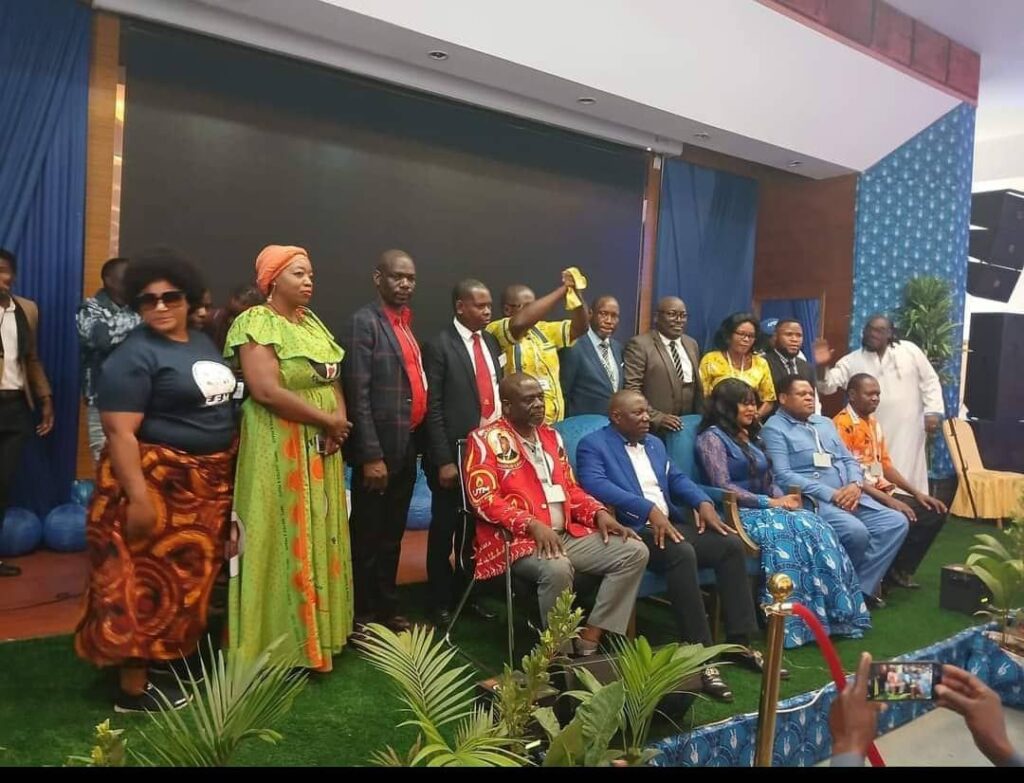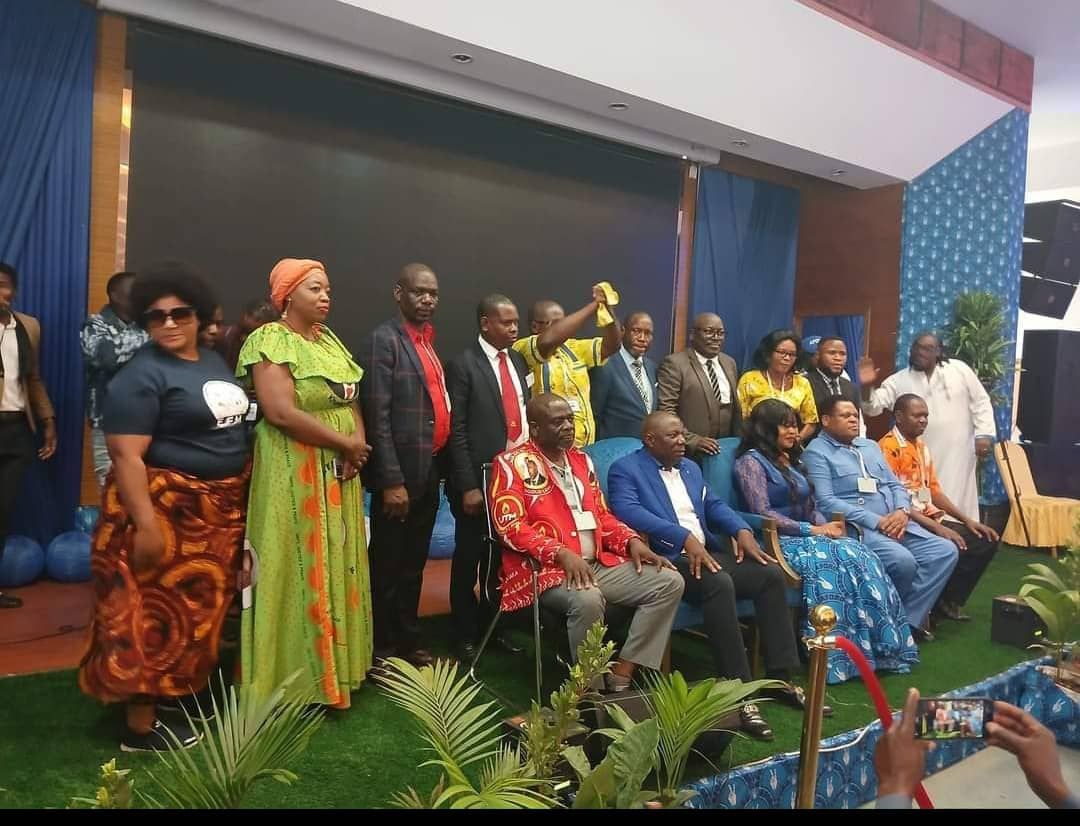By Twink Jones Gadama
Malawi’s political landscape is abuzz with the possibility of a new alliance between the Democratic Progressive Party (DPP), Alliance for Democracy (AFORD), United Transformation Movement (UTM), and United Democratic Front (UDF).
As the country looks to the future, one thing is clear: the new alliance must learn from the mistakes of the previous Tonse Alliance if it hopes to bring about positive change.
According to a recent analysis, the Tonse Alliance’s failures were numerous, ranging from a lack of clear roles and responsibilities to neglecting unity and internal cohesion.

The alliance was also criticized for failing to deliver on promises, overrelying on executive power, and lacking policy coordination.
To avoid similar pitfalls, the new alliance must prioritize unity and internal cohesion, define clear roles and responsibilities, and deliver on promises.
It must also avoid overrelying on executive power, ensure policy coordination, and combat corruption.
The analysis highlights several key areas where the Tonse Alliance went wrong.
Firstly, the alliance failed to define clear roles and responsibilities, leading to internal power struggles and inefficiencies.
To avoid this, the new alliance must establish clear structures, task allocations, and decision-making mechanisms upfront.
Secondly, the Tonse Alliance neglected unity and internal cohesion, leading to factionalism and affecting governance.
The new alliance must ensure that unity is maintained at all times, with frequent meetings, conflict-resolution mechanisms, and a commitment to the alliance’s common goals.
Thirdly, the Tonse Alliance failed to deliver on promises, such as creating 1 million jobs, reducing the cost of living, and improving the economy.
The new alliance must only make promises that are achievable and based on practical, well-researched policies.
Other areas where the Tonse Alliance went wrong include overrelying on executive power, lacking policy coordination, patronage and favoritism, neglecting grassroots supporters, weak communication and public engagement, failure to combat corruption, and ignoring economic fundamentals.
To succeed, the new alliance must prioritize sound economic policies, ensure the independence of anti-corruption bodies, and be transparent in handling any allegations of corruption within the government.
It must also prioritize effective, transparent, and consistent communication with the public.
In conclusion, the new alliance has a lot to learn from the mistakes of the Tonse Alliance.
By avoiding these pitfalls, the alliance can hope to bring about positive change for Malawi.
As the country looks to the future, one thing is clear: the new alliance must prioritize unity, delivery, and transparency if it hopes to succeed.



